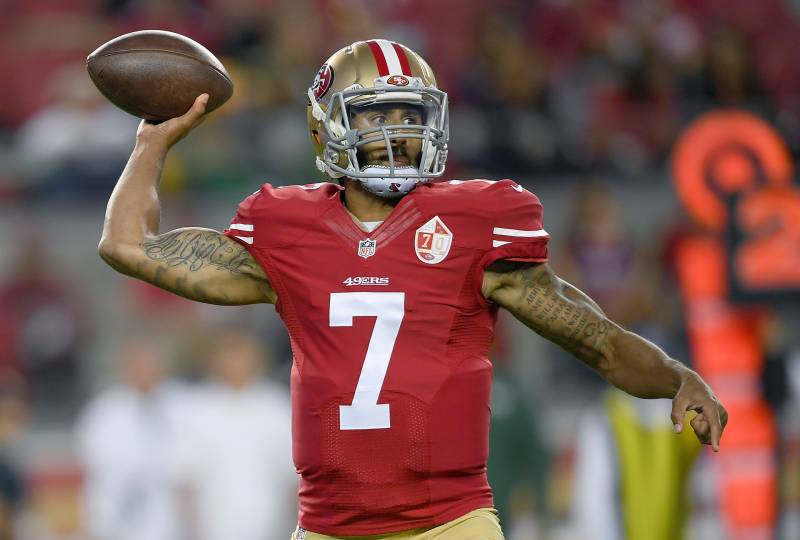Political action committees (PACs) spent more than $3 million on the city council race in Santa Clara, a city of roughly 130,000 people in the heart of Silicon Valley. That outlay of cash is raising eyebrows among voters — and even the candidates themselves.
“It appears that one is trying to gain some private benefit from [those donations] and put private interests ahead of the public interests,” said John Pelissero, a senior fellow at Santa Clara University’s Markkula Center for Applied Ethics.
The money, most of it from Jed York, the owner of the San Francisco 49ers football team, highlights an ongoing conflict between the team and the Santa Clara City Council. York’s money is flowing to a block of city council candidates that largely come from outside of politics and are challenging incumbents or candidates backed by the current council.
Beginning in late September, York began donating money to a PAC founded by former Congressman Mike Honda, called the Citizens for Efficient Government and Full Voting Rights. Independent expenditure documents show that York donated $250,000 on Sept. 30, $800,000 on Oct. 1, $300,000 on Oct. 6, $950,000 on Oct. 13 and $600,000 on Oct. 19.
All that money is going towards campaign mailers and television ads supporting four candidates: Suds Jain, Harbir Bhatia, Kevin Park and Anthony Becker. The PAC is also spending on ads attacking incumbent candidates Kathy Watanabe and Teresa O’Neill as well as Robert Mezzetti and Bob O’Keefe.

